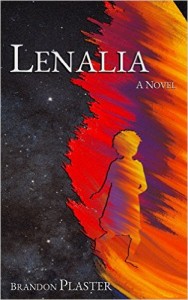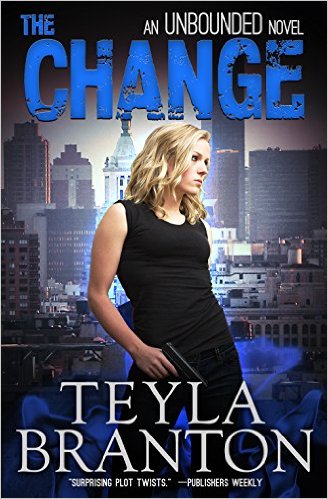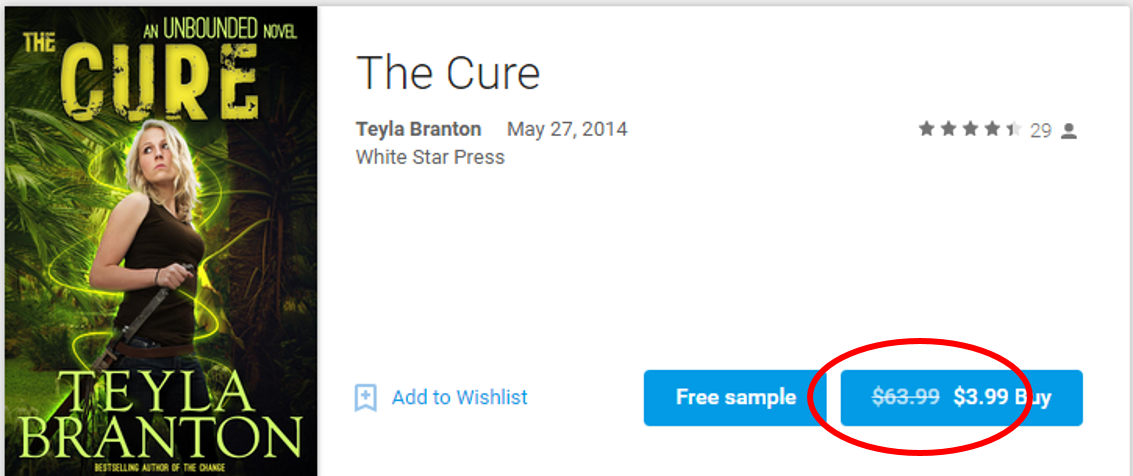A guest post by Brandon Plaster.
 Like many writers, I was caffeinated in a not-so-counter-culture coffee shop the day that I became serious about writing. It’s not that I knew what I was writing at the time, or that there was anything special about the day, mayhaps a Saturday. It was just that I felt the threads of productivity resonating and for whatever reason my stream of conscious was somewhere completely dislocated from my body, having some sort of wild acid-free paper trip. That trip just happened to be perfectly timed.
Like many writers, I was caffeinated in a not-so-counter-culture coffee shop the day that I became serious about writing. It’s not that I knew what I was writing at the time, or that there was anything special about the day, mayhaps a Saturday. It was just that I felt the threads of productivity resonating and for whatever reason my stream of conscious was somewhere completely dislocated from my body, having some sort of wild acid-free paper trip. That trip just happened to be perfectly timed.
Co-occuringly, assembling in the minds of several well-placed strangers was the idea of forming a writing meetup. This coalignment of events, seemingly disparate, was what brought about the makings of my first book, Lenalia.
When I attended that first writing session with twitchy eyes and torpid creativity, I had no idea how important the group would become to me. I went in selfish and simple, thinking that it would be a way for me to write consistently and receive critique. Though I certainly cannot undervalue those two benefits of the group, as feedback and consistency are key, the community was so much more.
I spent close to two years attending and helping lead the weekly meetup. The constant flux of its peripheral members allowed for me to experience a plethora of writing styles and techniques while the persistence of its core members gave me insights into how writers evolve their work and themselves over time. My critiques not only allowed me to help others, but it showed me how to analyze story and characters separate from prose. My writing went from playdough to playful, from full of errors to airless and concise. In every interaction I had with the group was another piece of stimuli that helped shape my work and myself.
And those were just the direct benefits. It turns out, the group was full of people. Living, breathing, unique, some odd, mostly even people. People that were striving and struggling through the same writer’s block or character collapse as me. Seasoned and raw writers that helped form a support network, making me realize that writing doesn’t have to be a solitary sport.
So now, even when alone, as I sit sipping on the brewed aromas of a midnight latte, my body withering into the dust that sifts through the hourglass of my life, I can rekindle thoughts of my first community, knowing that it helped define me as a writer.

Brandon Plaster is an engineer and artist with a passion for storytelling. He is focused on creating media and mediums that engage, entertain, and challenge wide audiences. With a background in Applied Mathematics and Optics, Brandon worked for three years in the space industry on computer graphics, robotics, and radio communication system design, before redirecting his focus to creative human-centered computing.In March, 2015, he released his debut novel, Lenalia.

 So you may have heard about how one of my
So you may have heard about how one of my 
 RACHEL ANN NUNES BIO: Rachel Ann Nunes learned to read when she was four, beginning a lifetime fascination with the written word. She avidly devoured books then and still reads everything she can lay hands on, from children’s stories to science articles. She began writing in the seventh grade and is now the author of nearly fifty published books, including the popular Autumn Rain series and the picture book Daughter of a King. Her most recent novel is Blinded (An Autumn Rain Novel) and Before I say Goodbye (Whitney Award winner).
RACHEL ANN NUNES BIO: Rachel Ann Nunes learned to read when she was four, beginning a lifetime fascination with the written word. She avidly devoured books then and still reads everything she can lay hands on, from children’s stories to science articles. She began writing in the seventh grade and is now the author of nearly fifty published books, including the popular Autumn Rain series and the picture book Daughter of a King. Her most recent novel is Blinded (An Autumn Rain Novel) and Before I say Goodbye (Whitney Award winner).